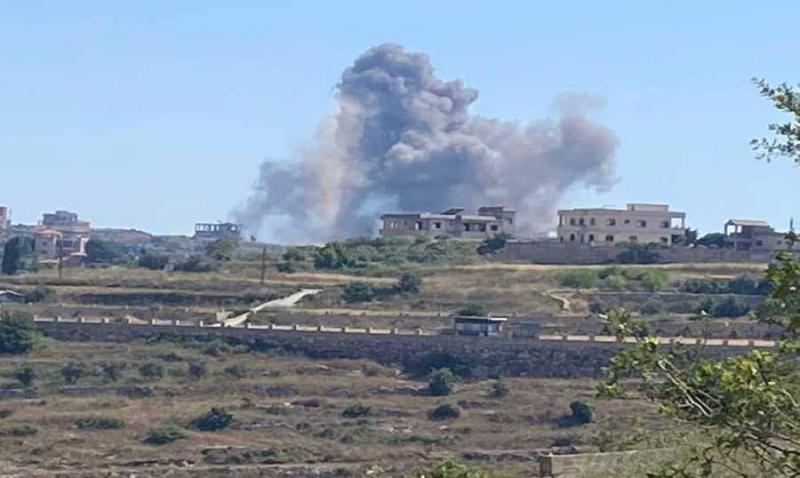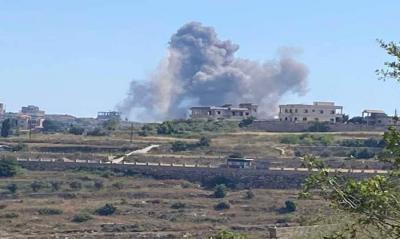In a calm tone, and with a touch of sarcasm regarding the Israeli warplanes breaking the sound barrier several times over the southern suburbs of Beirut minutes before Hezbollah Secretary-General Hassan Nasrallah's speech, Nasrallah regained control, absorbing the Israeli airstrikes that eliminated members of the party's military organization. The most significant takeaway from Nasrallah's remarks, according to a senior Lebanese official, is that the party is determined to control the situation in the Gaza support front from southern Lebanon, which was initiated on October 8, the day after the Al-Aqsa Flood operation.
Nasrallah avoided any display of agitation, insisting on timing confrontations according to the party's clock, fully aware that the Israelis would grow weary of waiting and might resort to unprofessional conduct, as evidenced by their warplanes' sonic breaches over the skies of a country that has faced numerous dangers and passed down the courage of resistance to their children. This was reflected in the significant activity at the arrivals hall of Rafic Hariri International Airport in Beirut.
The senior Lebanese official highlighted the duality of life between different Lebanese regions, which Nasrallah addressed in his speech by noting: "We take into consideration the Gaza support front and the situation in the country. There is war and martyrs on one side, and on the other, festivals, celebrations, restaurants, hotels, and an airport welcoming tourists. We have created this balance. We care for our people and our country and bear the burden directly, but we cannot ask anyone to act as if the recent aggression is normal and in the context of the ongoing battle."
The official added that Nasrallah's speech would positively reflect on the country by alleviating street tensions due to fears of war expansion with Israel. The official also emphasized Nasrallah's reassurance to the Lebanese political arena, stating: "Do not fear the resistance's victory; we do not intend to exploit it politically at home. We do not need your support; just do not stab us in the back or participate in the psychological warfare."
Conversely, it appeared evident that the stagnation in domestic political activity would persist until the Gaza war concluded, regardless of how long that might take. The prevailing sentiment of anxious waiting dominated both sides of the Lebanese-Israeli border extending to Beirut on one side and beyond Haifa on the other. This anxiety seems to serve as an additional weapon in this open conflict.
In this context, an informed source told "Al-Anba" that the waiting phase seems poised for extension without defined limits, leaving the door open for surprises at any moment to allow for diplomatic resolutions that may be less harmful to the regional situation. Consequently, with the intervention of most active international powers from all directions as mediators, it is impossible for those who control the timing of responses to ignore these wishes and efforts.
The source discussed several proposals to prevent a response that would lead to the broad war everyone has warned against since the outset, with parties involved in combat affirming their reluctance to abandon the rules of engagement that have governed confrontations along the Lebanon-Israel border for the past ten months. These rules remain in effect despite assassination operations, which are dealt with and responded to according to battlefield conditions, separate from the rules of engagement tied to the ongoing war in Gaza.
The source further stated: "One suggestion is to offer a promise to expedite the conclusion of a ceasefire agreement in Gaza, which has been discussed in recent days as one of the potential exits without negating a response but limiting its repercussions and damages. This is echoed by Israel, stating that it will not retaliate against any attack unless the damages are substantial."
The source did not rule out other options, causing additional concern among Israeli leaders due to potential targeting operations against either diplomats or Israeli businessmen abroad, according to "Al-Anba" Kuwait.




